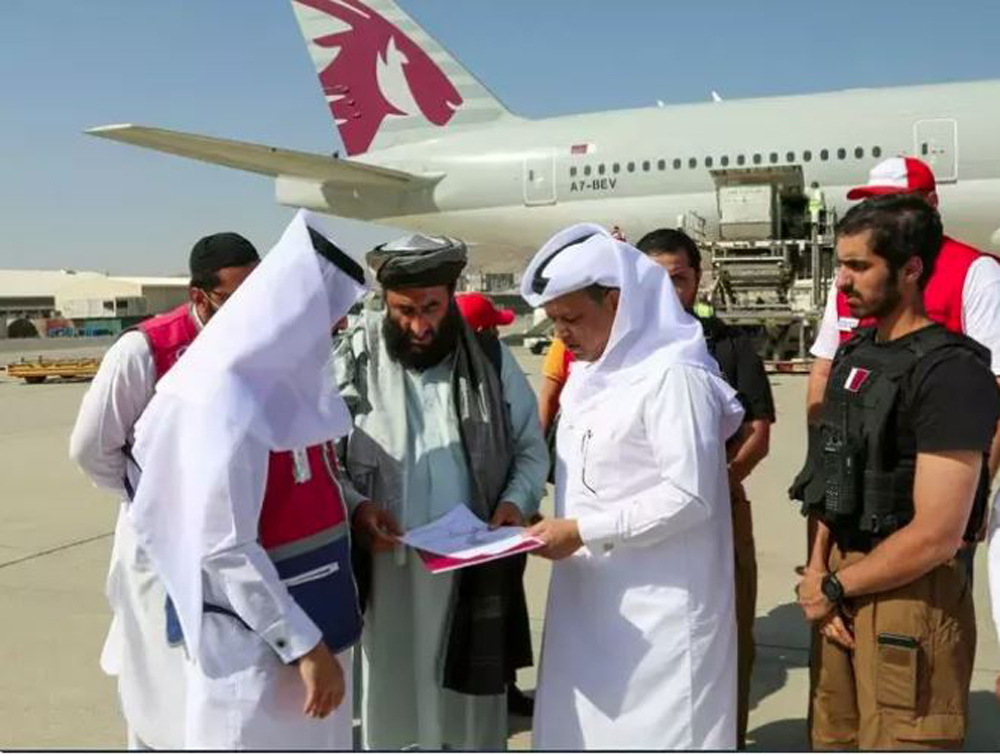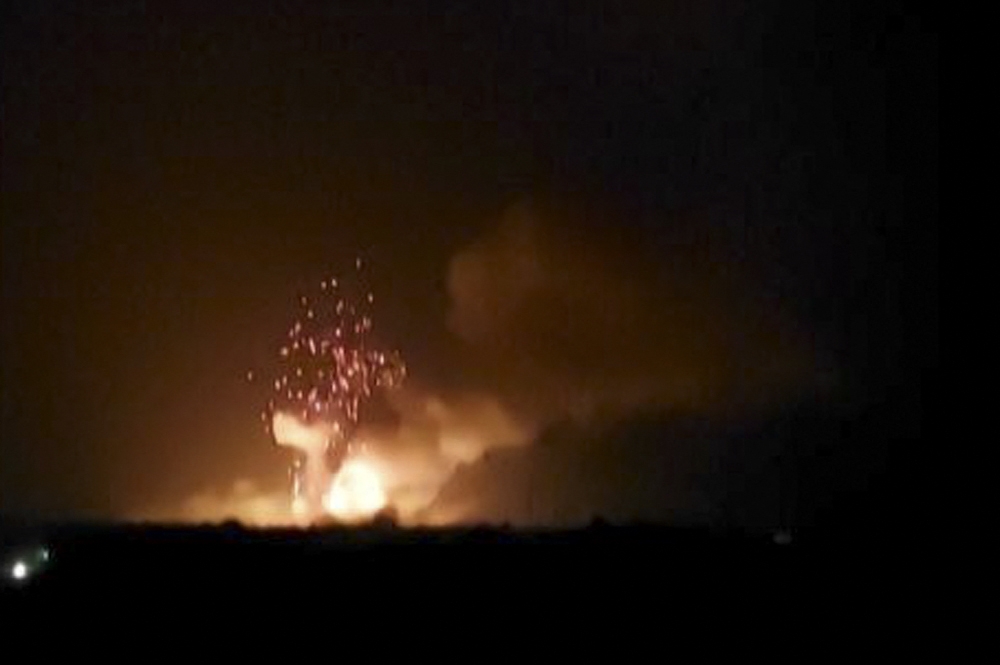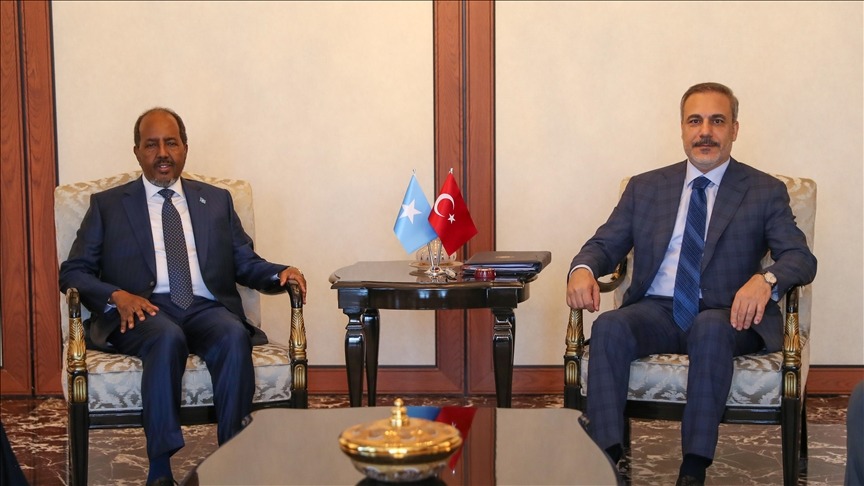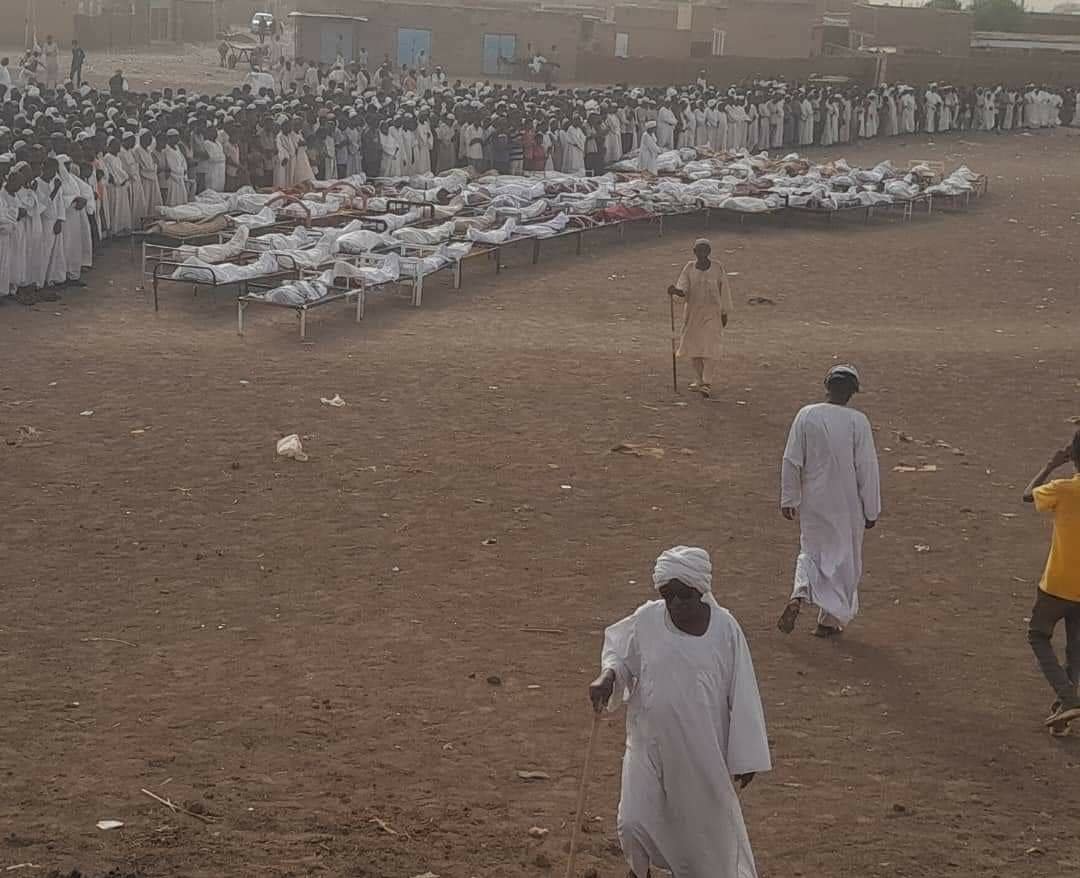The State of Qatar will commemorate Globe Humanitarian Day (WHD), which falls on August 19 every year, together with the rest of the world today. WHD was first observed 13 years ago, following the terrible deaths of 22 humanitarian workers, including Sergio Vieira de Mello, the UN Special Representative of the Secretary-General for Iraq, in a 2003 suicide bombing on the United Nations compound in Baghdad, the capital of Iraq.
The UNGA declared August 19 to be World Humanitarian Day in a resolution that was adopted in 2008.
Each year, WHD focuses on a theme, bringing together partners from across the humanitarian system to advocate for the survival, well-being and dignity of people affected by crises, and for the safety and security of aid workers.
With record-high humanitarian needs around the world, WHD 2022 builds on this metaphor of collective endeavor to grow global appreciation of humanitarian work.
The WHD 2022 campaign shines a light on the thousands of volunteers, professionals and crisis-affected people who deliver urgent health care, shelter, food, protection, water and much more.
In various situations and occasions, the State of Qatar affirms its commitment to continue providing humanitarian support and contributing to international efforts to alleviate human suffering and other challenges facing humanity and move forward with the implementation of the sustainable development plan for 2022. The State of Qatar has become at the forefront of countries providing humanitarian and development assistance at the bilateral level, through the United Nations and in all regions of the world, especially for developing countries facing crises and natural disasters.
In light of Qatar’s large humanitarian contributions, the state is a member of the Board of Directors of the UN Central Emergency Response Fund (CERF). Qatar is the world’s top Arab and sixth largest contributor to multi-partner UN funds and programs.
The State of Qatar is also among the ten largest contributors to the UN Office for the Coordination of Humanitarian Affairs (OCHA). The value of Qatari governmental and non-governmental aids increased from about USD 483 million in 2008 to more than USD 2 billion in 2017.
During 2020, the total fund committed by the Qatar reached more than $533m, by allocating fund for the benefit of many partners in the field of development and humanitarian aid.
The total contributions of Qatar Fund for Development to support and relief operations in 2021 exceeded $550m. During 2020, it reached more than $533m and in 2019 was more than $ 577m.
According to UN reports, a total of 274 million people will need humanitarian assistance and protection in 2022. This number is a significant increase from the 235 million people who were in need in 2021, which was already the highest number in decades.
The UN and partner organizations aim to assist 183 million people in need in 63 countries, which would require $41 billion.
The UN is grateful for the generous contributions of donors who provide unearmarked or core funding to humanitarian partners.
Humanitarian aid covers many areas suffering from crises and disasters, including Yemen, Syria, Iraq, the occupied Palestinian territories, Sudan, South Sudan, Somalia, Afghanistan, the Democratic Republic of the Congo, Ethiopia, Nigeria, Venezuela, and Myanmar.
Under-Secretary-General for Humanitarian Affairs and Emergency Relief Coordinator Martin Griffiths says that 2021 was a challenging and rewarding year as humanitarian needs continued to increase, driven by conflicts, the climate crisis, and COVID-19, noting that children in particular have missed out on the opportunity to learn, while multiple famines loomed.
Under-Secretary-General added that the lives and livelihoods of individuals, national and regional stability, and decades of development are in danger, warning that the cost of inaction to meet these challenges would be prohibitive. Griffiths also noted that 2021 had seen the humanitarian system progress up to the challenge, overcoming seemingly insurmountable obstacles, and demonstrating the international community’s ability to act when in solidarity.
Thanks to the generous donors, the humanitarian system has provided food, medicine, health care, and other essential assistance to 107 million people with humanitarian action receiving hundreds of millions of dollars in cash assistance directed to people struggling to survive, Griffiths noted, emphasizing that the challenges are enormous, and that funding is still far short of what is needed.
International publications forewarn that catastrophic events could occur in 2022 if urgent and lasting action is not taken. The COVID-19 epidemic has devastated economies and ways of life in many areas, which has increased the need for humanitarian aid, stoked conflict, and caused levels of hunger and food insecurity that are beyond belief. A famine-like situation is conceivable in 43 nations, where there are an estimated 811 million undernourished people.

















Leave a Reply